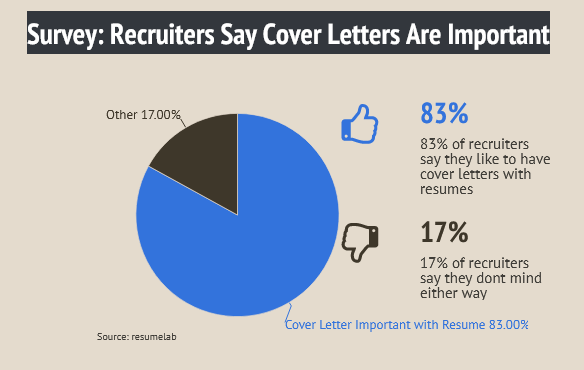Personal Comments From a Corporate Career Survivor
by Joy
(Philadelphia)
We are told to study and work in something we enjoy. But, these tend to be over-crowded fields. It is better to get a hobby for something to enjoy. Work is first of all for survival. Preferably, we should want a good paycheck in a job or field that can last our work-life — about 45 years.
After getting a B.A. in Journalism, I was a writer and editor for 12 years. As a female, I experienced lots of job discrimination. And, job opportunities diminished as publications went out of business.
I decided to get a B.S. in Accounting. As a straight-A student, I expected lots of opportunities in prestigious CPA firms. Not! They wanted moldable people in their early 20s. I was too old while just in my early 30s.
Getting an MBA in Computer Science was my next move. I earned more as a programmer trainee then I did as full Editor of three magazines and an auto racing newsletter. I worked in all phases of the Project Development Life Cycle until I retired. By then, too many technical American jobs were being off-shored or replaced by H1-B Foreign Visa workers. These low-paid workers also served to lower the salaries for Americans.
My advice: Avoid working for corporations–these are dictatorial organizations that do not respect employees. Before enrolling in classes, research the possible long-term opportunities for the field. When employed, watch the writing on the wall and quickly make your move. Constantly monitor the job market. Take additional courses before a job loss in order to gain experience. Use class projects as skill examples during interviews. Volunteer to help someone in a different job at your firm to get diversified work experience. Have several versions of your resume to only target specific job opportunities. Keep in touch with previous co-workers — these are networking sources. Often job interviews are only given to someone recommended by the firm’s employees.






